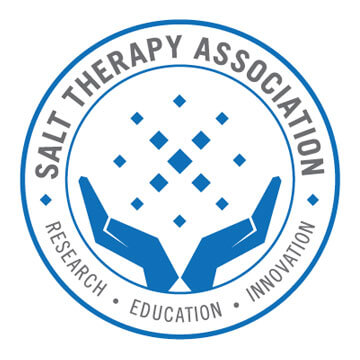We're all familiar with those pesky red splotches on our faces. The dreaded acne. So many of us fall victim to its effects in our teens. Along with it, we also fall victim of marketing traps as we try product after product to try and fix the issue. We, as a culture, are familiar with the idea of acne but few of us really understand the mechanics of why our faces under go this transformation, and even fewer of us understand the chemicals we are using on our skin to try and cure it. So let's jump right into it.
What is Acne?
Acne can be caused by several different things: hormone changes (including puberty and starting or stopping hormonal birth control), stress, bad eating habits, bad hygiene... All of these things will ultimately trigger the mechanism that is the actual physical cause of the acne.
The sebaceous gland
The center of your acne problems!
Whatever the reason for your acne, it all comes down to those little glands and the amount of sebum they're putting out. Sebum is the secretion that the gland creates to help naturally moisturize your skin. Before the invention of modern soaps, creams, and ointments for our skin and for that matter before the invention of taking baths, your sebaceous glands were responsible for protecting your skin from the elements. The sebum secreted out of your pores and helps to keep out bacteria by pushing the bacteria away from the opening of your pores. This creates a barrier of sebum on your skin. This layer helps to lock in moisture and protects your skin from sun damage, allergens and toxins in the air. Without an even coating of sebum, your face can dry out breaking down your top layer of skin and leaving the skin prone to irritation.
What is Acne?
Acne can be caused by several different things: hormone changes (including puberty and starting or stopping hormonal birth control), stress, bad eating habits, bad hygiene... All of these things will ultimately trigger the mechanism that is the actual physical cause of the acne.
The sebaceous gland
The center of your acne problems!
Whatever the reason for your acne, it all comes down to those little glands and the amount of sebum they're putting out. Sebum is the secretion that the gland creates to help naturally moisturize your skin. Before the invention of modern soaps, creams, and ointments for our skin and for that matter before the invention of taking baths, your sebaceous glands were responsible for protecting your skin from the elements. The sebum secreted out of your pores and helps to keep out bacteria by pushing the bacteria away from the opening of your pores. This creates a barrier of sebum on your skin. This layer helps to lock in moisture and protects your skin from sun damage, allergens and toxins in the air. Without an even coating of sebum, your face can dry out breaking down your top layer of skin and leaving the skin prone to irritation.
Soap: The Double Edged Sword
So, then maybe we should just let nature do the work and not wash our faces ever again? Although the idea is tempting, we still have to deal with loads of other issues that the modern world presents. There is more pollution, dust and germs in the air around us than before. Not cleaning off our skin can leave it open to the possibility of infection in the event of a small scratch or something more serious.
So how do we deal with the bacteria on our skin?
Just like our intestines, our skin is one big bacterial colony. Using anti-bacterial soaps like Dial on our bodies achieves similar effects to taking an oral antibiotic does inside of your gut. Both oral antibiotics and anti-bacterial soaps completely wipe out our natural bacterial ecosystems. Every time you take a bath with anti-bacterial soap, you are stripping away all of the bad bacteria, but also some of the good bacteria that protects your skin! Extremely hot water can also kill the bacterial colonies on your body, and further irritate your skin so make sure the water isn't too hot!
So, now that you know how our skin works, lets talk about why we get acne.
Your pores all over your body are actually tiny little hair follicles. And each one of these hair follicles has a sebaceous gland attached to them. As mentioned earlier, these glands excrete a substance called sebum that helps to push out any bacterias or allergens that may have found their way into the pores.
So, then maybe we should just let nature do the work and not wash our faces ever again? Although the idea is tempting, we still have to deal with loads of other issues that the modern world presents. There is more pollution, dust and germs in the air around us than before. Not cleaning off our skin can leave it open to the possibility of infection in the event of a small scratch or something more serious.
So how do we deal with the bacteria on our skin?
Just like our intestines, our skin is one big bacterial colony. Using anti-bacterial soaps like Dial on our bodies achieves similar effects to taking an oral antibiotic does inside of your gut. Both oral antibiotics and anti-bacterial soaps completely wipe out our natural bacterial ecosystems. Every time you take a bath with anti-bacterial soap, you are stripping away all of the bad bacteria, but also some of the good bacteria that protects your skin! Extremely hot water can also kill the bacterial colonies on your body, and further irritate your skin so make sure the water isn't too hot!
So, now that you know how our skin works, lets talk about why we get acne.
Your pores all over your body are actually tiny little hair follicles. And each one of these hair follicles has a sebaceous gland attached to them. As mentioned earlier, these glands excrete a substance called sebum that helps to push out any bacterias or allergens that may have found their way into the pores.
Sometimes, when we are not keeping our faces clean, these pores can become blocked by dead skin cells that are not being cleaned away with soap and water.
It is important to note that when dealing with acne, not all soaps are created equal. The less sudsy the soap you are using, the better. The best acne soap is one that will create a rich milky lather with very small bubbles. The problem with large bubbles of soap is that they have relatively high tension along their edges. This forces the soap into the top layers of the skin, and that is a bad thing. When soap gets into pores, it does help to dissolve oily sebum, but also narrows pores by drying out and tightening the skin around them. The soap bubbles, along with any dead skin cells and bacterias they picked up may get stuck below the skin's surface, triggering another clog and infection. A desirable acne cleanser makes a creamy lather of very small bubbles. Small bubbles do not force soap into pores, and make the cleanser easier to rinse off the skin.
When the pore gets clogged, sebum starts to accumulate below the skin, this will eventually result in a white head. If the blockage manages to break out of the pore, it will oxidize and be visible above the skin as a black head. A pimple is a result of bacteria growing underneath the blockage otherwise known as an infection. At this stage, inflammation will begin. If the infection is not treated the follicle will rupture and out will come the fluid associated with the bacterial infection. Often times, this will leave the pore enlarged and can lead to acne scarring.
It is important to note that when dealing with acne, not all soaps are created equal. The less sudsy the soap you are using, the better. The best acne soap is one that will create a rich milky lather with very small bubbles. The problem with large bubbles of soap is that they have relatively high tension along their edges. This forces the soap into the top layers of the skin, and that is a bad thing. When soap gets into pores, it does help to dissolve oily sebum, but also narrows pores by drying out and tightening the skin around them. The soap bubbles, along with any dead skin cells and bacterias they picked up may get stuck below the skin's surface, triggering another clog and infection. A desirable acne cleanser makes a creamy lather of very small bubbles. Small bubbles do not force soap into pores, and make the cleanser easier to rinse off the skin.
When the pore gets clogged, sebum starts to accumulate below the skin, this will eventually result in a white head. If the blockage manages to break out of the pore, it will oxidize and be visible above the skin as a black head. A pimple is a result of bacteria growing underneath the blockage otherwise known as an infection. At this stage, inflammation will begin. If the infection is not treated the follicle will rupture and out will come the fluid associated with the bacterial infection. Often times, this will leave the pore enlarged and can lead to acne scarring.
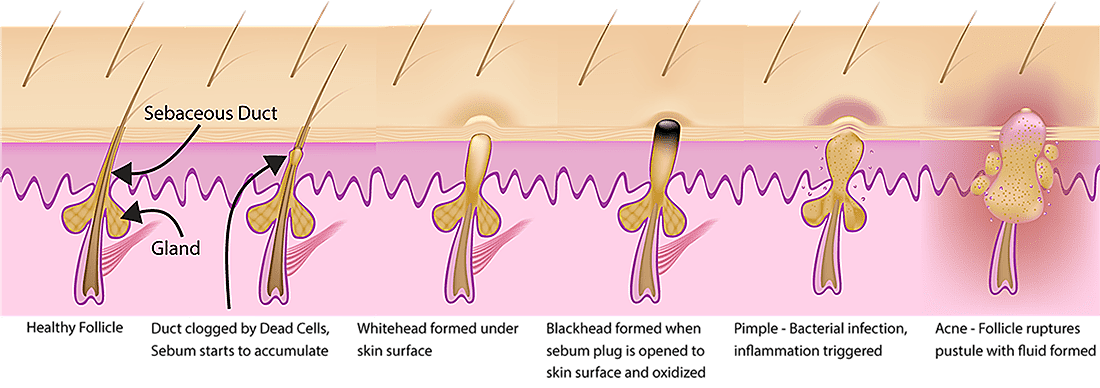
Acne Medication
Most acne medications use the same chemicals to help you deal with the outbreaks. Here is a list of the 4 most common effective chemicals used in Acne products today, and their pros and cons.
Benzoyl peroxide
THE PROS
Clears acne fast
The main advantage of benzoyl peroxide is that it clears blemishes fast by killing the acne-causing bacteria. "Initially it was used just on affected areas because it would dry up the pimples very quickly," says Oakland, CA, dermatologist Katie Rodan, MD. Over time, new formulations and concentrations have been introduced, and today, products that contain lower concentrations are thought to be just as effective as those with higher concentrations. "This means you can get the same results without the dryness," she says.
Acts as an anti-inflammatory agent
According to a study published in Cosmetic Dermatology, benzoyl peroxide acts as an anti-inflammatory agent by reducing oxygen in the skin. Because it reduces bacteria in the pore, it also works to reduce inflammation within the blemish.
THE CONS
Causes dehydration and could cause premature aging
Benzoyl peroxide has been associated with premature aging and dehydrated skin since it causes irritation to occur-anything irritating is usually dehydrating. The dryer the skin, the older it appears. "Although the skin may look prematurely aged, we don't know if the effects are long-term. Once moisturizer is consistently used, the skin bounces back to normal," says Washington D.C., dermatologist
Can lead to hyperpigmentation
Post-inflammatory hyperpigmentation (PIH) is a characteristic of acne, and benzoyl peroxide does little to help it. "It can create significantly more hyperpigmentation, especially in medium to darker skin because of the irritation that it can cause," says Venice, CA, celebrity aesthetician Nacole Raphalian.
Induces sun damage
Benzoyl peroxide cleans the pore, but some say as it does this, it thins and decreases its ability to protect itself from the sun. "Benzoyl peroxide can cancel out the effects of your SPF and make the skin more sensitive to the sun," says Beverly Hills, CA, dermatologist Debra Luftman, MD. The less protection, the quicker photoaging can set in.
Salicylic acid.
THE PROS - Salicylic acid helps kill the bacteria that create acne, and also helps encourage exfoliation, which opens up clogged pores and kills the bacteria inside. It can also constrict the pore diameter, helping to reduce the risk of future clogging.
THE CONS - To continue to see results, however, you must continue to use salicylic acid on a regular basis. This is not a cure for acne, but rather a tool to use in the daily battle.
The main concern with this ingredient is that it is drying and somewhat irritating, especially for sensitive skin types. Since many people with acne have reactive or sensitive skin, the use of salicylic acid may provide temporary relief, but then may backfire in the long run.As skin becomes dryer, it may react by producing more oil, which then will create acne once again, requiring the use of more salicylic acid, which then creates more dryness, setting you up for a vicious cycle that only causes the condition of your skin to deteriorate.
Alpha hydroxy acids.
THE PROS
Two types of alpha hydroxy acids that are used in nonprescription acne products are glycolic acid and lactic acid. Alpha hydroxy acids are synthetic versions of acids derived from sugar-containing fruits. They treat acne by helping to remove dead skin cells and reduce inflammation. Alpha hydroxy acids also stimulate the growth of new, smoother skin. This helps improve the appearance of acne scars and gives the impression of smaller pores.
THE CONS
Irritation, burning, peeling, itching and photosensitivity can all occur when using Alpha hydroxy acids. Everyones skin is different and will react differently to varying levels.
Sulfur
THE PROS
Sulfer is a milk exfoliator, helping to remove dead skin cells which is essential to keeping the pored unclogged. It treats acne the most gently, Helps to treat skin wrinkles caused by acne.
THE CONS
Sulphur causes Skin Irritation after treating acne, skin Discoloration may be visible after acne sheds
and few have complained the use of sulphur causes headaches.
Most acne medications use the same chemicals to help you deal with the outbreaks. Here is a list of the 4 most common effective chemicals used in Acne products today, and their pros and cons.
Benzoyl peroxide
THE PROS
Clears acne fast
The main advantage of benzoyl peroxide is that it clears blemishes fast by killing the acne-causing bacteria. "Initially it was used just on affected areas because it would dry up the pimples very quickly," says Oakland, CA, dermatologist Katie Rodan, MD. Over time, new formulations and concentrations have been introduced, and today, products that contain lower concentrations are thought to be just as effective as those with higher concentrations. "This means you can get the same results without the dryness," she says.
Acts as an anti-inflammatory agent
According to a study published in Cosmetic Dermatology, benzoyl peroxide acts as an anti-inflammatory agent by reducing oxygen in the skin. Because it reduces bacteria in the pore, it also works to reduce inflammation within the blemish.
THE CONS
Causes dehydration and could cause premature aging
Benzoyl peroxide has been associated with premature aging and dehydrated skin since it causes irritation to occur-anything irritating is usually dehydrating. The dryer the skin, the older it appears. "Although the skin may look prematurely aged, we don't know if the effects are long-term. Once moisturizer is consistently used, the skin bounces back to normal," says Washington D.C., dermatologist
Can lead to hyperpigmentation
Post-inflammatory hyperpigmentation (PIH) is a characteristic of acne, and benzoyl peroxide does little to help it. "It can create significantly more hyperpigmentation, especially in medium to darker skin because of the irritation that it can cause," says Venice, CA, celebrity aesthetician Nacole Raphalian.
Induces sun damage
Benzoyl peroxide cleans the pore, but some say as it does this, it thins and decreases its ability to protect itself from the sun. "Benzoyl peroxide can cancel out the effects of your SPF and make the skin more sensitive to the sun," says Beverly Hills, CA, dermatologist Debra Luftman, MD. The less protection, the quicker photoaging can set in.
Salicylic acid.
THE PROS - Salicylic acid helps kill the bacteria that create acne, and also helps encourage exfoliation, which opens up clogged pores and kills the bacteria inside. It can also constrict the pore diameter, helping to reduce the risk of future clogging.
THE CONS - To continue to see results, however, you must continue to use salicylic acid on a regular basis. This is not a cure for acne, but rather a tool to use in the daily battle.
The main concern with this ingredient is that it is drying and somewhat irritating, especially for sensitive skin types. Since many people with acne have reactive or sensitive skin, the use of salicylic acid may provide temporary relief, but then may backfire in the long run.As skin becomes dryer, it may react by producing more oil, which then will create acne once again, requiring the use of more salicylic acid, which then creates more dryness, setting you up for a vicious cycle that only causes the condition of your skin to deteriorate.
Alpha hydroxy acids.
THE PROS
Two types of alpha hydroxy acids that are used in nonprescription acne products are glycolic acid and lactic acid. Alpha hydroxy acids are synthetic versions of acids derived from sugar-containing fruits. They treat acne by helping to remove dead skin cells and reduce inflammation. Alpha hydroxy acids also stimulate the growth of new, smoother skin. This helps improve the appearance of acne scars and gives the impression of smaller pores.
THE CONS
Irritation, burning, peeling, itching and photosensitivity can all occur when using Alpha hydroxy acids. Everyones skin is different and will react differently to varying levels.
Sulfur
THE PROS
Sulfer is a milk exfoliator, helping to remove dead skin cells which is essential to keeping the pored unclogged. It treats acne the most gently, Helps to treat skin wrinkles caused by acne.
THE CONS
Sulphur causes Skin Irritation after treating acne, skin Discoloration may be visible after acne sheds
and few have complained the use of sulphur causes headaches.
So how can halotherapy help to keep this under control?
So, lets review. We know that in the formation of acne two things are key, trapped bacteria and the resulting inflammation. Inflammation is triggered by infection. When your cells perceive danger, there is a protein that is released and the nearby cells around the danger site begin to swell. This is usually a good thing. Inflammation protects the cells from invading bacterias, viruses and injuries. Your body then sends out white blood cells to begin healing the affected area. Once the area is healed, in theory the inflammation is supposed to go back down, but sometimes our bodies can get a little out of whack and it can lead to chronic low levels of inflammation.
When you go into a halotherapy room, and the crystals start to float in the air and fall on your skin, two things will happen. The dry salt crystal will act as a tiny little microscopic sponge, soaking up all the excess fluid that is causing the inflammation. The salt will draw out the water and the inflammation will decrease. The salt will also help to kill off some of that bacteria that was causing the inflammation in the first place.
THE PROS
It's all natural. No chemicals, salt wont hurt your skin. With acne fighting chemicals there is a chance of getting rid of the acne but exposing yourself to new problems like dry or irritated skin from the chemicals. You wont have to remember 6 steps twice a day! I mean, who has time for that? Halotherapy also has tons of other benefits that acne medicines won't give you like respiratory benefits, and stress relief!
THE CONS
It is an ongoing thing, just like acne medicine, you're going to have to keep up with it. The good news is though, 2-3 times a week in a Halotherapy room should help the issue.
To complement the halotherapy, you should be washing your face every day with some natural products that wont irritate your skin. Skin care products that are salt based are a great complement to halotherapy. Check out my blog entry about Mindful Minerals to complete your salty skin care regimen!
I hope you guys learned something from this blog entry! I know I certainly learned a whole lot about acne that I didn't know! Please leave me some comments!

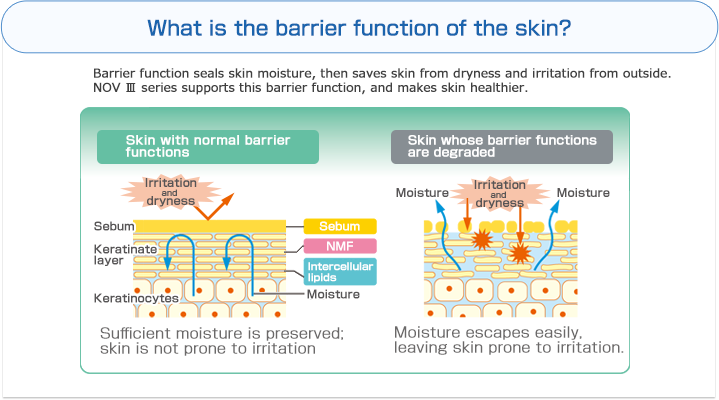
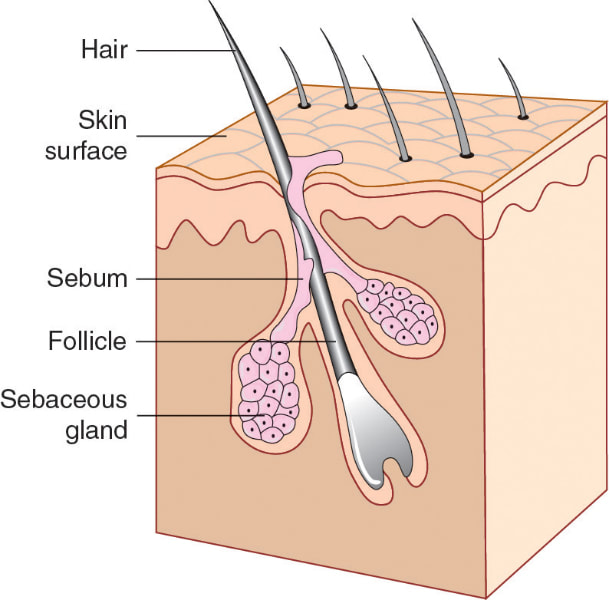
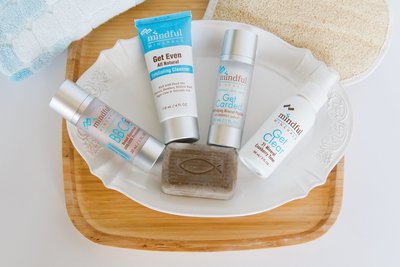
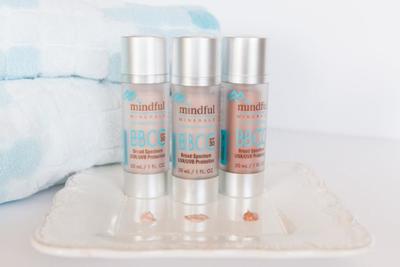
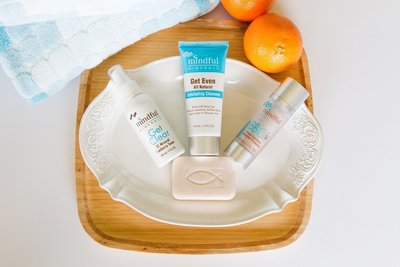
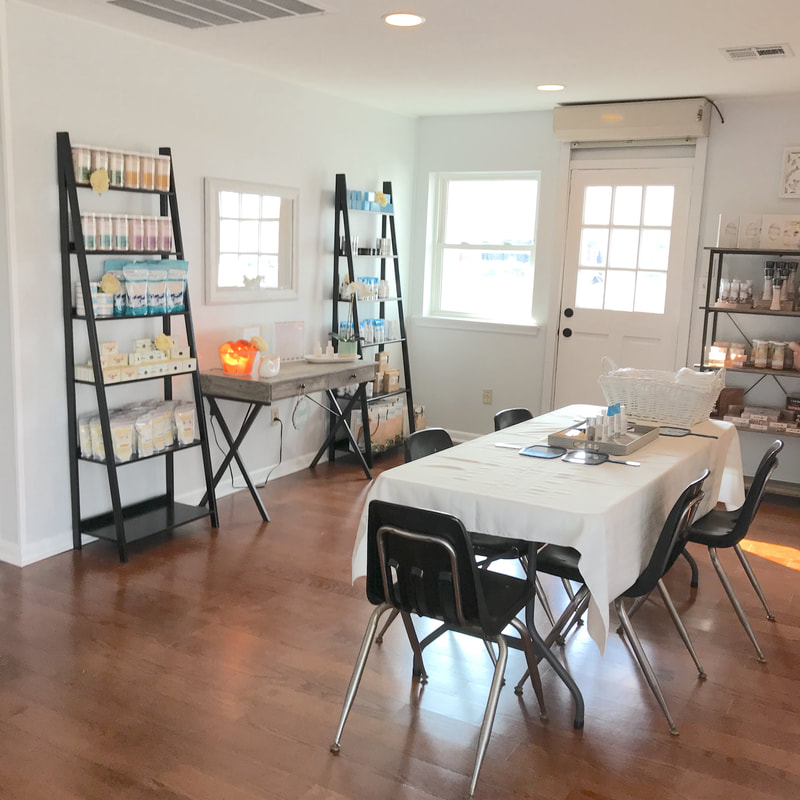
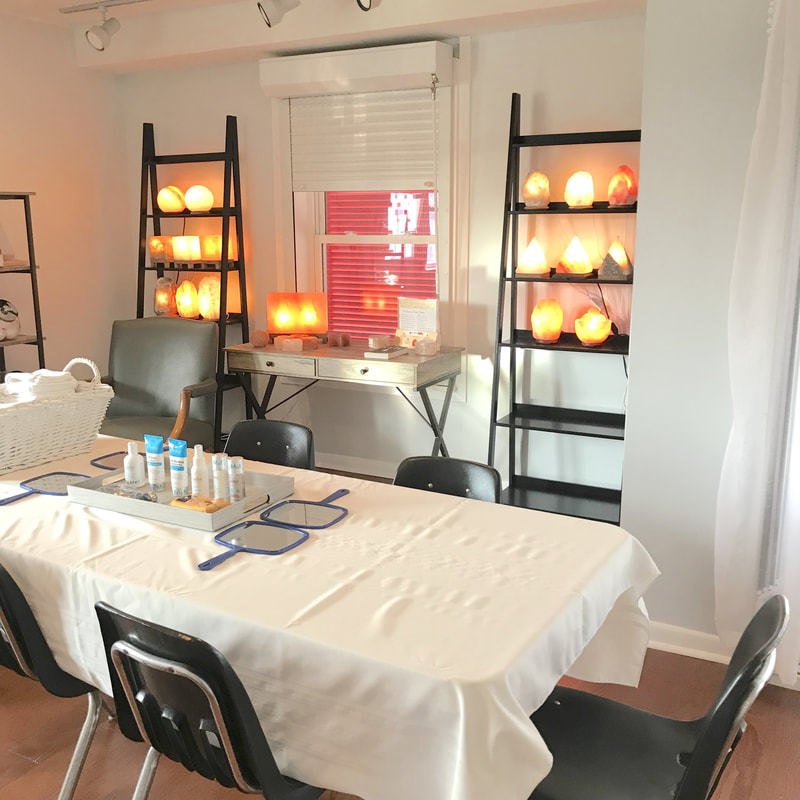
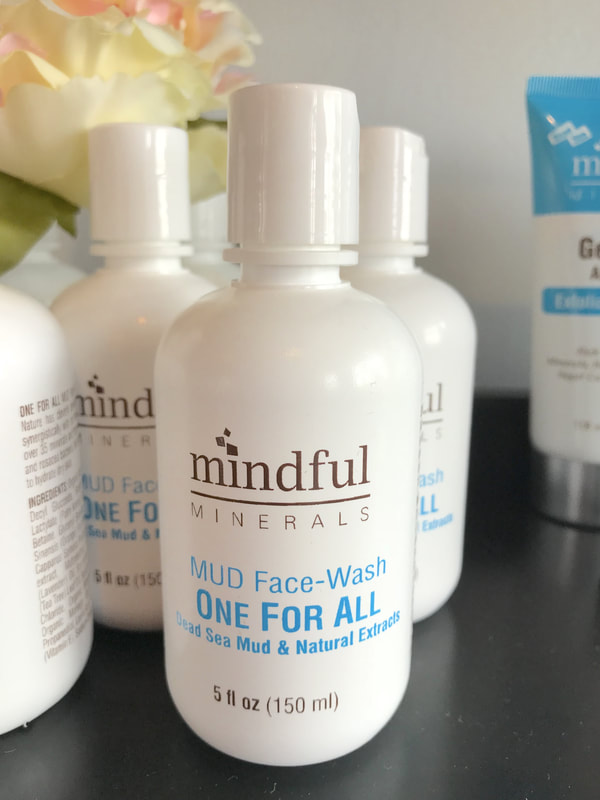
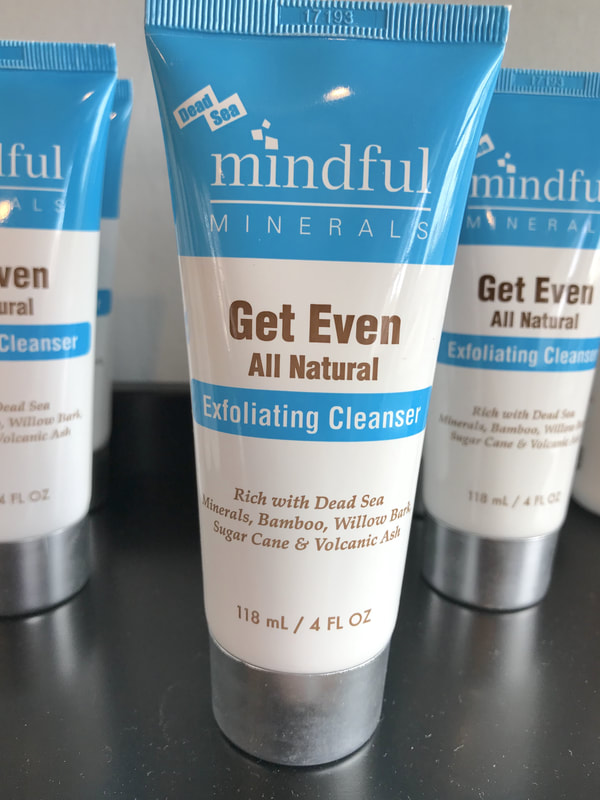
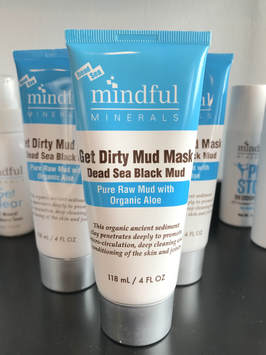
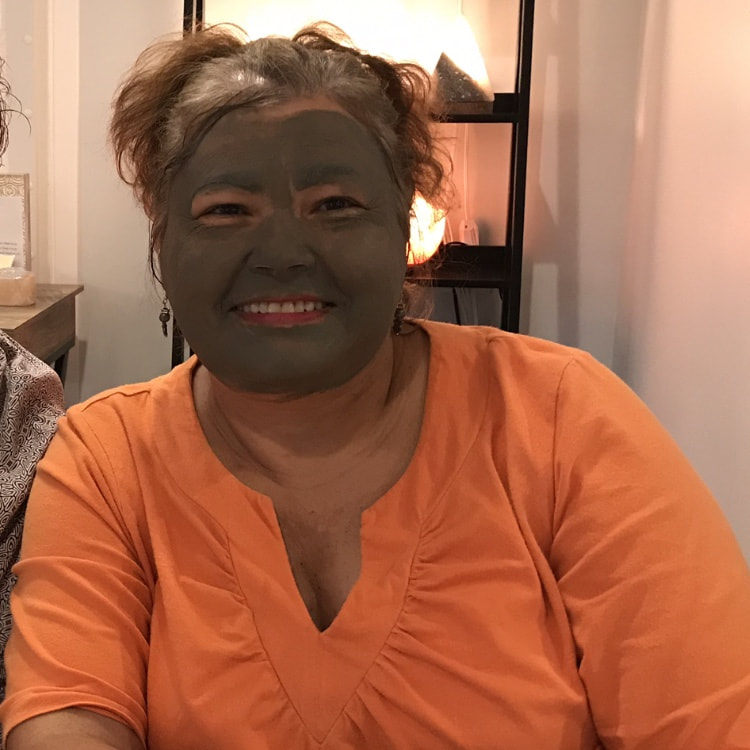
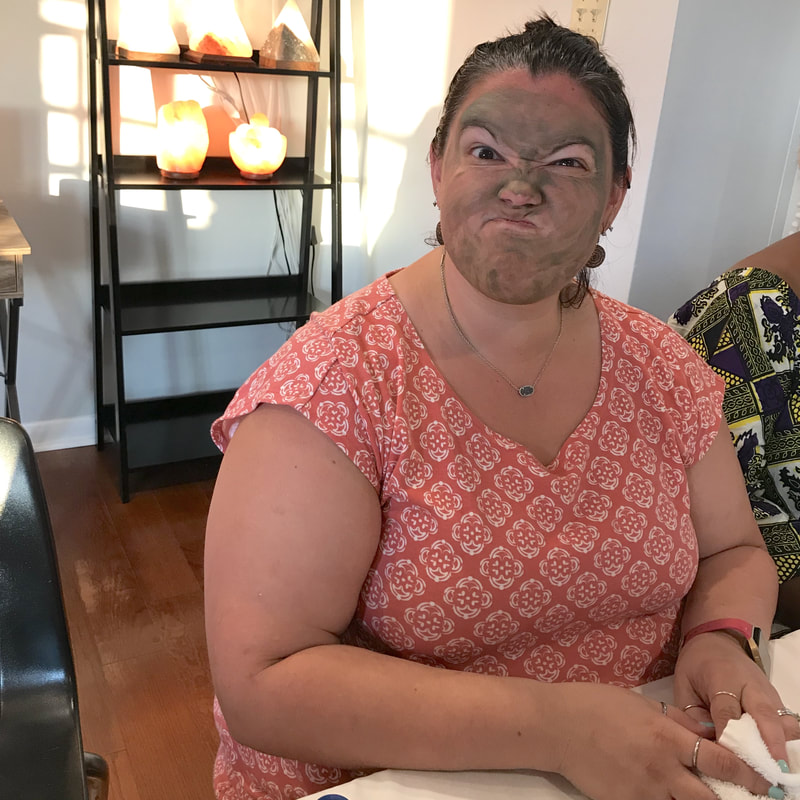
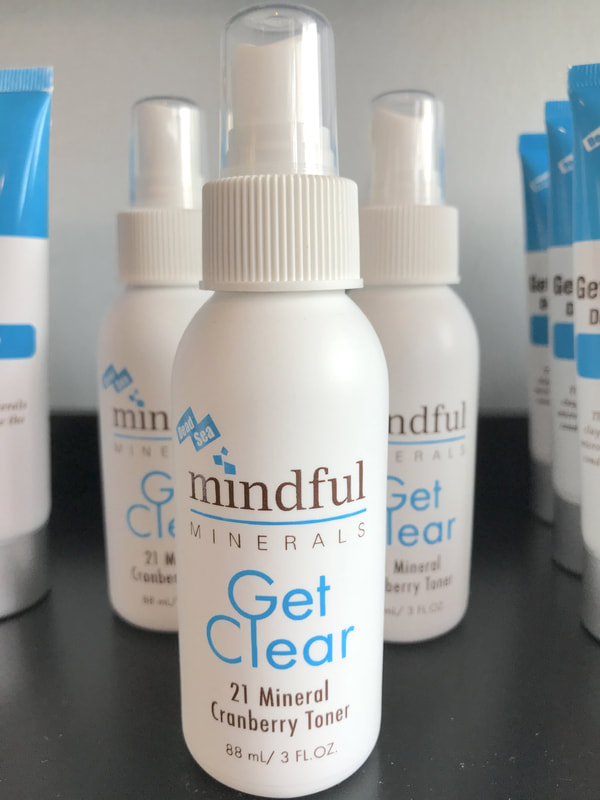
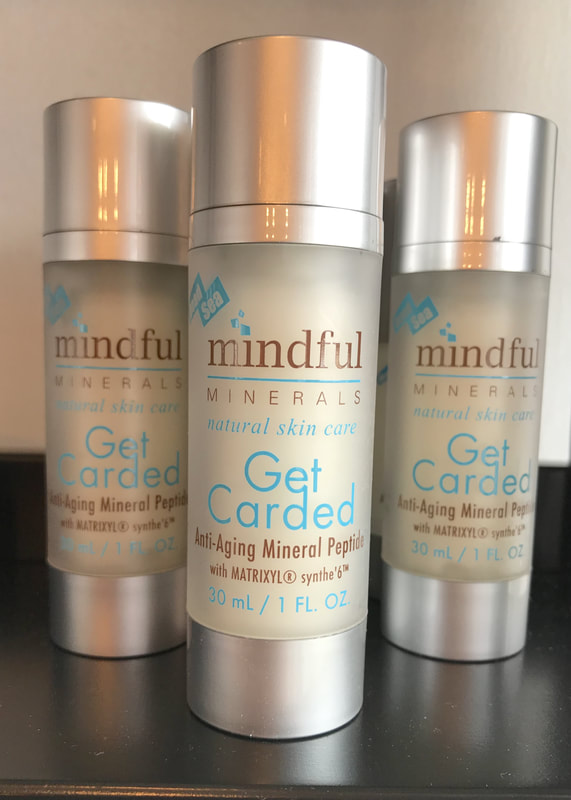
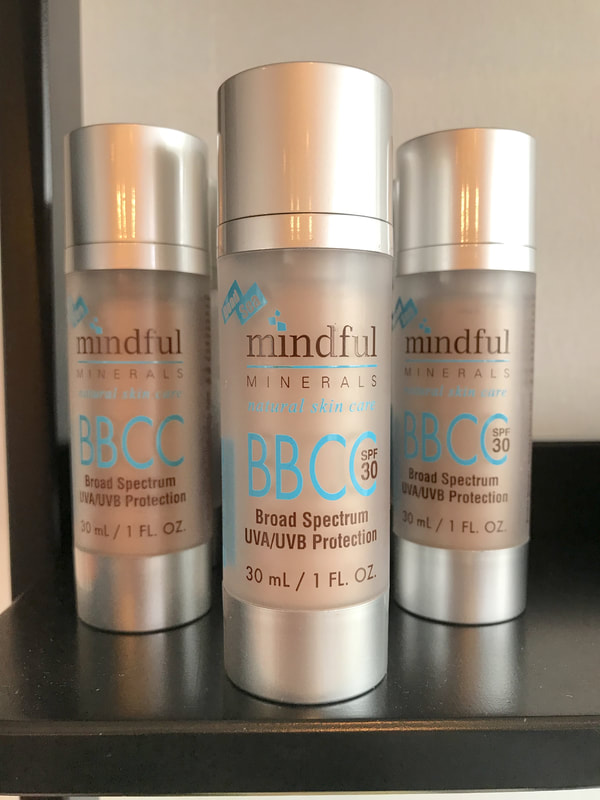
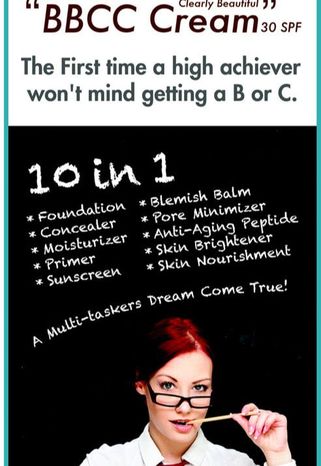
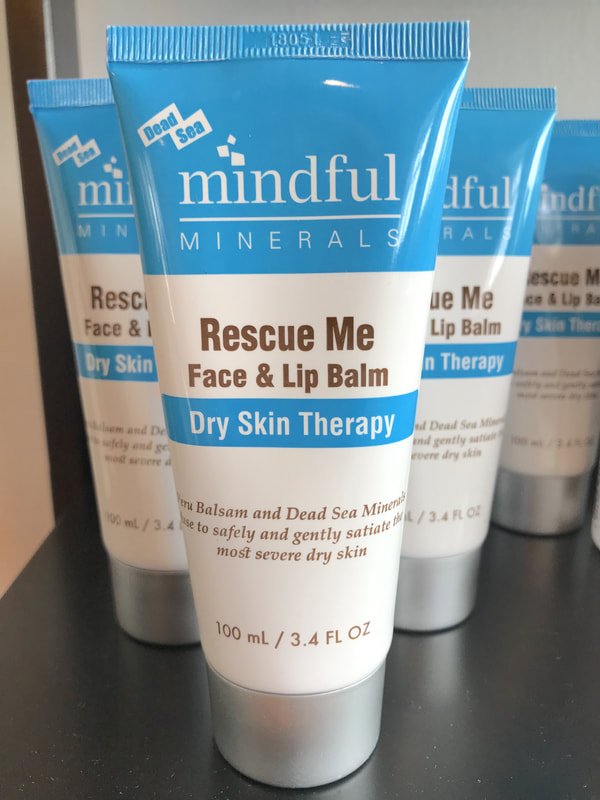
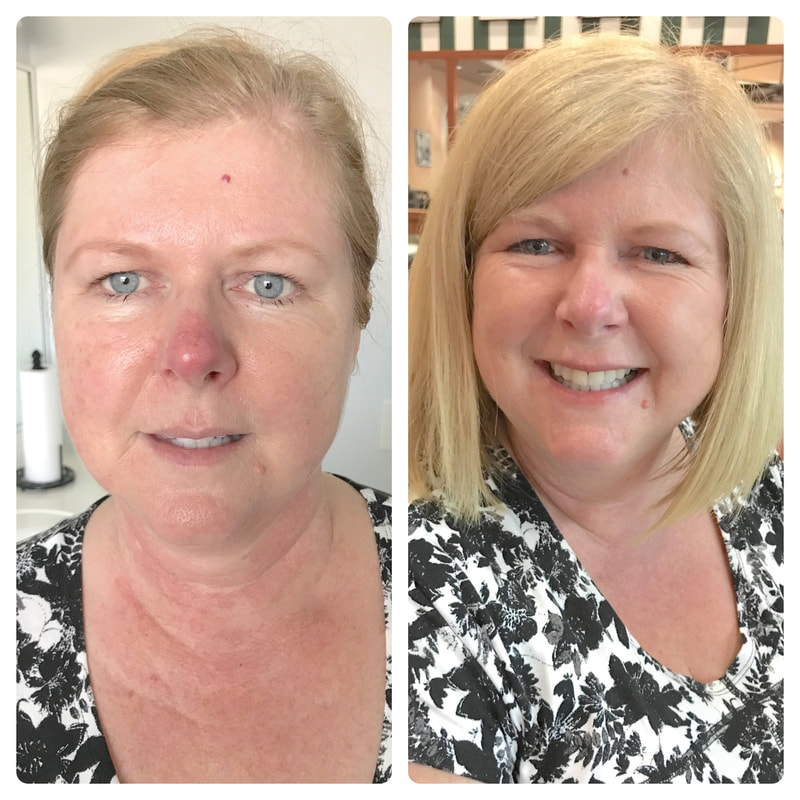
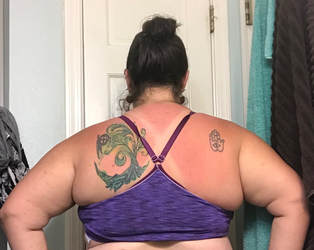
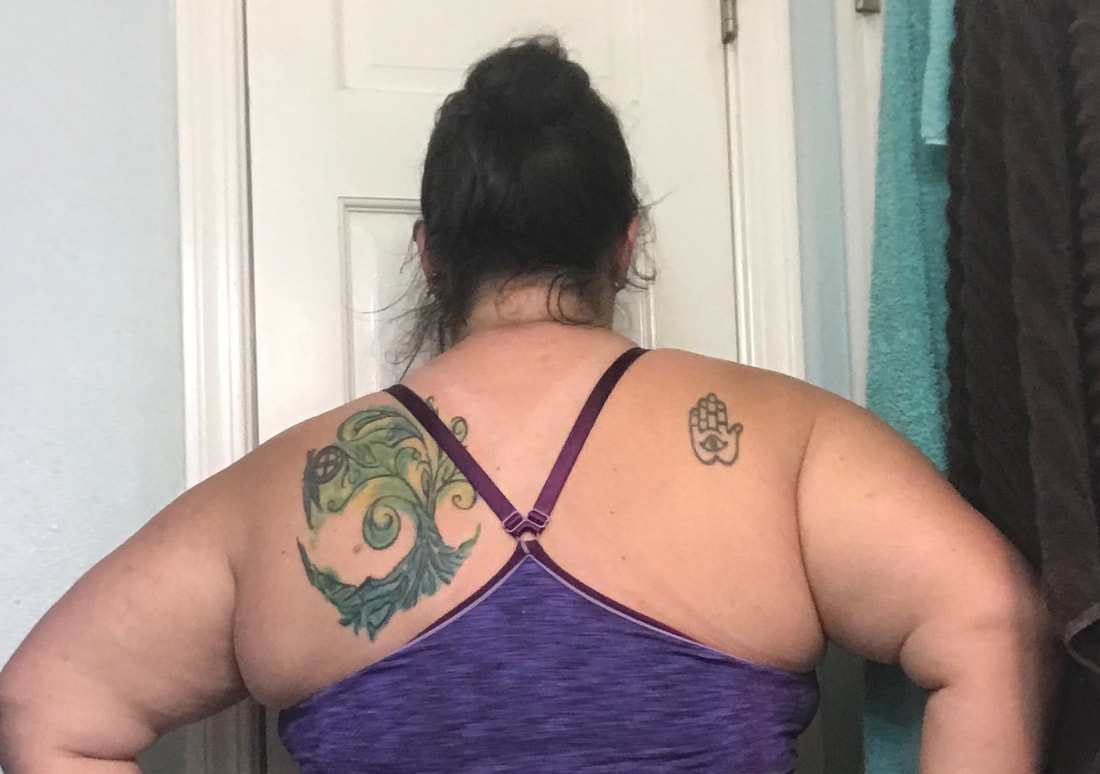

 RSS Feed
RSS Feed
